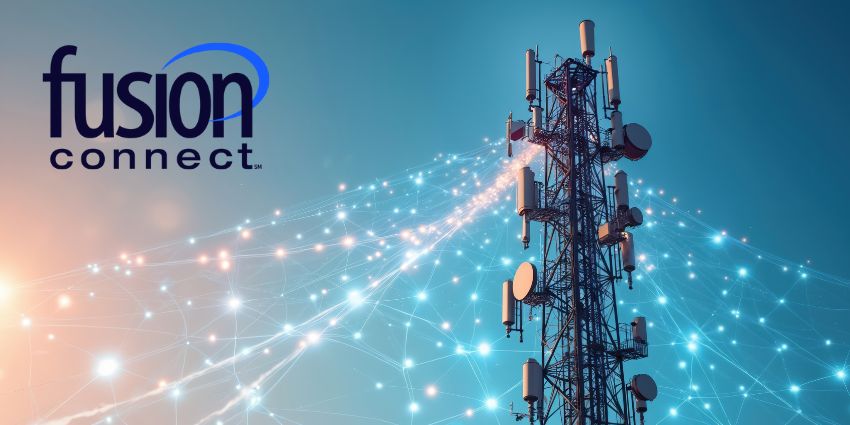In today’s turbulent business climate fraught with inflation, uncertainty, and a retreat in spending, many organizations are navigating the challenges by focusing on cost-cutting measures as their top priority.
However, when businesses take these money-saving measures, they often cut not only costs but also customer satisfaction. This has created a race to the bottom, as companies try to save costs passed on to their customers elsewhere in the business. As a result, many service providers are responding by outsourcing support overseas to reduce overhead.
Indeed, market research company Mordor Intelligence found that Asia-Pacific is the fastest-growing region for contact center presence, driven mostly by the cost advantages it brings.
But there’s a problem with this approach: cost savings don’t equal customer satisfaction.
When downtime hits or a complex issue arises, customers quickly learn the true value of having the right support on the other end of the line.
The Real Price of Cheap Support
At first glance, outsourcing customer support seems logical. Labor is cheaper in offshore markets, and digital tools can create the illusion of responsiveness. But beyond the motivation of cost saving, offshoring really says a lot about how an organization views its customer interactions.
“Too many organizations say they are customer-centric but don’t embed customer-first thinking into every layer of the organization. To know if an organization is genuinely committed to delivering a superior customer experience, look for the operational proof over simple platitudes,” said Sharma Montgomery, SVP of Customer Experience at Fusion Connect.
Call center agent turnover rates exceed 38% annually, according to contact center platform TalkDesk. That churn leads to frequent onboarding of new, undertrained staff.
“With a high turnover of agents, it’s incredibly hard to maintain quality and build any meaningful customer rapport, especially when dealing with complex enterprise-grade communications systems,” Montgomery said.
Add time zone mismatches, language gaps, and limited contextual knowledge, and customers can be left with support that doesn’t match their needs.
In technical support, context matters. The person answering the phone needs to understand not just the platform, but the problem’s impact on the customer’s business. Outsourcing can strip away that nuance, and with it, the fast reflexes needed to facilitate real growth.
Why Smart MSPs Turn Support into a Differentiator
Yet amid this market sprint toward cheaper customer service, forward-thinking MSP are bucking the trend and going in the opposite direction by deliberately investing in their customer service.
Rather than offshoring and standardizing support to the lowest bidder, they are bringing operations back in-house and onshore.
Fusion Connect made a decision to make its customer service wholly US-based. Serving as more than just a headline, this allowed Fusion Connect to tap into resources that bring meaningful improvements to its customers. By operating its customer support services in the US, they’re able to build service models centered on tenured, technically skilled professionals.
In these US operations, support positions at Fusion Connect are viewed as careers rather than entry-level jobs, as reflected by the long tenure of the agents. Employees are selected for their relevant experience, trained to grasp both the technology and customer contexts, and given the authority to resolve issues independently without constant escalations.
“Our approach is simple, we have a dedicated person working with the customer for continuity and accountability and, on our end, we will pull in the right experts at the right time with a sense of urgency to exceed customer expectations,” Montgomery shared.
As a result of all this, Fusion Connect customers are given a refreshing experience when it comes to customer service. All agents are trained to possess proficiency in technical understanding to help deal with your technical query.
However, if an issue goes beyond the agent’s expertise, that agent remains the primary point of contact, facilitating the resolution process. They open the ticket, coordinate with the relevant teams, and follow up to ensure the issue is fully and properly resolved—maintaining accountability every step of the way.
Such a radical rethink is backed by data. Fusion Connect’s average response time is just 30 seconds, compared to an industry average of three minutes.
This is augmented by the fact that being located in the same time zone as customers has clear logistical benefits. Connecting to a contact center abroad when you need it may not align with overseas operating hours.
When Minutes Matter: The Impact of a Customer-Focused MSP
Such new strategies are not just theoretical. For instance, Fusion Connect’s customer-centric model was put to the test during a major deployment with internet service provider Spot On Networks:
“Fusion Connect met us at our offices at 6:30 AM, completed a system cutover by 7:00, and had everything live in 20 minutes. When an issue came up at our CEO’s house, they sent a technician out that same day,” a Spot On Networks spokesperson said.
Such an ability to turn around complex issues is satisfying not only for customers, but in turn their customers too.
A Zendesk 2025 study found that more than one-half of consumers will switch to a competitor after only one bad experience.
By providing quick, technical turnarounds of issues or new technological integrations, essential strategies for growth are supercharged so customers don’t become a casualty of the process.
Why Service Quality Can’t Wait
The UC and cloud networking space is facing enormous change, from AI disruption and POTS replacement to hybrid work and customer experience expectations that are higher than ever.
In this environment, support that’s slow, impersonal, or poorly aligned can cause more than frustration; it can result in lost revenue, damaged reputation, and reduced competitiveness.
Reducing spending on MSPs that deliver poor customer service won’t lead to growth, in fact, it can actually drain the time, energy, and agility businesses need to grow.
Thus, picking a provider who values your business’ time as much as you do is not just a preference, but a strategic necessity for maintaining competitive advantage.
For organizations evaluating MSP partners, the lesson is clear: in a market where capabilities are increasingly similar, exceptional service becomes the ultimate differentiator.
The question now isn’t whether you can afford to prioritize service over savings; it’s whether you can afford not to.
Organizations evaluating MSP partners can examine providers like Fusion Connect, which has demonstrated measurable commitment to proactive customer experience through Silver Stevie Award recognition, industry-leading response times, and comprehensive account management approaches that prioritize long-term partnership success.







